When President Bush talks about the War on Terror he always reminds us that we are fighting for Freedom, that fundamental principle so highly cherished by most Americans. We take particular pride in our freedom to express an opinion openly, to disagree when we feel the moral need, and we almost take it for granted our right to move freely about the country. That freedom of movement has been tested lately, mostly and understandably at airports, and the majority of us have accepted the restrictions philosophically, albeit with a growl and a grumble.
But just how far are we willing to go in the War on Terror when it comes to our freedoms? A few weeks ago, in the most unlikely of locations, I found out what my limit is.
Last month I drove up to Jackson, Wyoming to visit my buddy, the legendary musician Bob Greenspan, and to get out of this drought-stricken desert of ours. The town was packed, of course, a nightmarish future version of what Moab will become someday. But I wasn’t there to lament. I went to Jackson to get away and to look up old and favorite digs that have surprisingly changed very little over the years.
North of town, the Grand Tetons still rise majestically above the valley as they have for so many millions of years, and the distance to the peaks is so great that it’s impossible to see, even with binoculars, all the young professional weekend climbers calling their wives and girlfriends from the summit on their cell phones.
But there are places, less dramatic for sure, that have mostly been left alone and that’s where I wanted to be. I turned off the paved highway and found the old gravel road much as it had been when I last visited it a few years ago. There were a few campers, but not enough to make me crazy, and millions of late summer wildflowers and a beautiful clear day to take in the stunning scenery.
And then I saw something odd.
At the top of the ridge, sprawled across what was once a wildflower-bedecked mountain meadow, I saw a series of huge tents. They looked like circus tents from Barnum & Baily, but they were camouflaged and protruding from many of them was an array of antennae of various heights. They covered acres and acres of ground.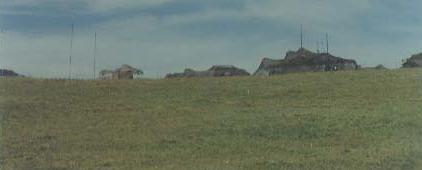
I’d been coming up here for more than 20 years and had, in fact, camped many times in that very meadow. Now I couldn’t believe what I was seeing. My first reaction was to pull over and take a picture. I parked on the side of the narrow dirt road and reached for my camera. As I climbed out of the car I first noticed an official-looking “KEEP OUT” sign and accompanying day-glo ribbon that blocked a side road. I walked to the middle of the gravel and was about to raise my camera to my eyes when I heard the roar of a motor, coming toward me at a very brisk clip. I looked up and saw an ATV Quad; perched in the seat was a young soldier from the United States Army.
He stopped his ATV next to me and stared at my Nikon. “Sir, were you planning to take photographs?”
I nodded.
“Of the facility?”
“Well…yes,” I replied unsteadily. “Of the…facility? What is it?”
The young soldier shifted uncomfortably and tried to be pleasant. “I really don’t know sir. But I’m going to have to ask you not to take pictures of the facility.”
I just shook my head. “How can it be a problem for me to take a picture of some tents? Is this supposed to be some kind of top secret? Right here in the middle of Teton National Forest?”
“I really don’t know sir. But if you really want to take a photograph, I’ll have to call my superiors.”
“OK,” I said. “That’s a good idea. Call your supervisor.”
He pulled his ATV onto the closed dirt track and called his “superior” on the two-way radio. I could only hear part of the conversation…
“10-4. There’s a guy down here with a camera and he wants to take a photograph of the installation…”
Pause.
“Yeah…it’s got a telephoto lens. Right.”
The soldier signed off and said, “We’ll have to wait for clearance if you still want to take a picture.”
I waited. I tried to ask him about the operation, but all I could get out of him was, “I really don’t know, sir.”
Finally, I said, “If I asked you a question and you knew the answer, you’d still say, ‘I really didn’t know,’ right?”
The soldier looked at me and nodded. Then, in a moment of candor, he smiled and said, “Honestly, I don’t know a heck of a lot more than you do.” I believed him.
At last, the call came back. I could take photographs of the facility, but only from that location. I snapped away and my new military pal stood beside me. Just as I was finishing up, I had a brainstorm. A revelation. An epiphany! This is August. This is Jackson Hole, Wyoming. This is the home of Vice President Dick Cheney! Of course! That had to be it!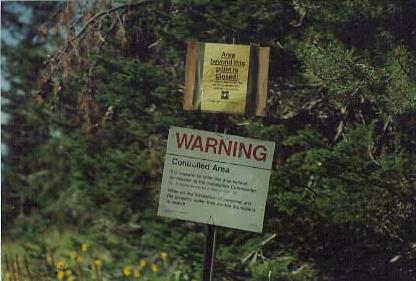
“You guys are here because of Cheney, right? This has something to do with the Vice President coming here for his summer vacation. I’m right aren’t I?”
“I really don’t know sir,” but his grin gave him away. As I got back in the car, he leaned over and said meekly, “I hope you didn’t think I was harassing you.”
“It’s ok,” I said. “You’re just doing your job in the War on Terror.”
I continued north along the ridgeline and every side road was blocked for the next two miles. Signs and flagging and orange cones were everywhere. The War on Terror was being waged on Horseshoe Mountain.
Later, back in town, I shared my story and heard a few new ones. The installation, I learned, was mostly a communications command post to monitor incoming air traffic. From those tents, the U.S. Army controlled the skies above Jackson Hole. Some claimed that they’d seen surface-to-air missiles and even tanks and APCs on the mountain. Dick Cheney came to Jackson with plenty of firepower, but most residents were unmoved by the mountaintop compound.
“At least, it’s quieter,” one Jacksonite explained. “All last fall, three F-16s flew over us all day. We all knew that meant Dick was here.”
Some “undisclosed secure location.”
As for me, now that I’ve been detained by the military in a national forest because of the War on Terror, I’m fully expecting a call from Geraldo. Whether all of this was necessary to maintain the security of the United States Government, I really couldn’t say. But one thing is certain—everything has changed since September 11, 2001. We are only now beginning to understand those changes.
And what of the future? What’s next? How dear is your freedom?






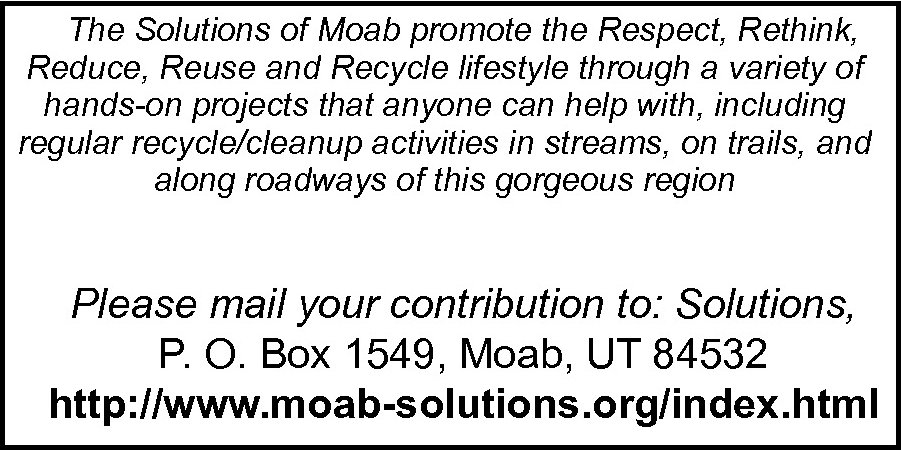






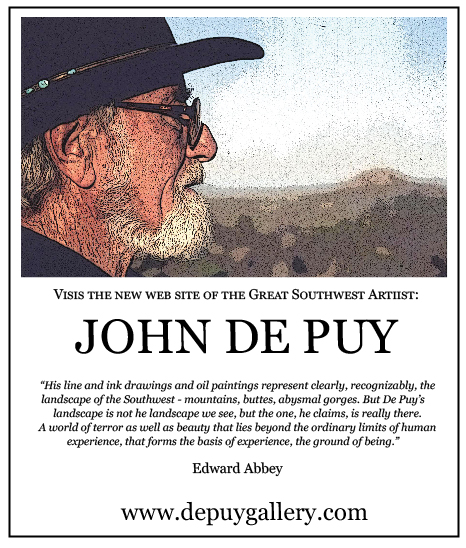

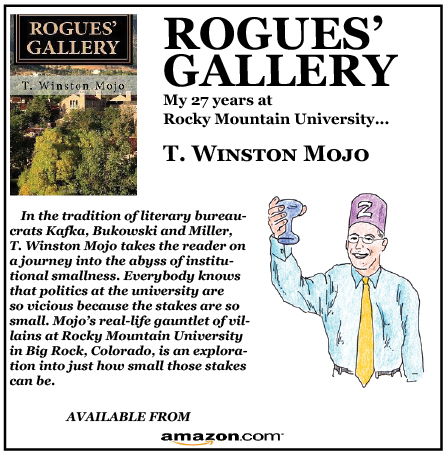
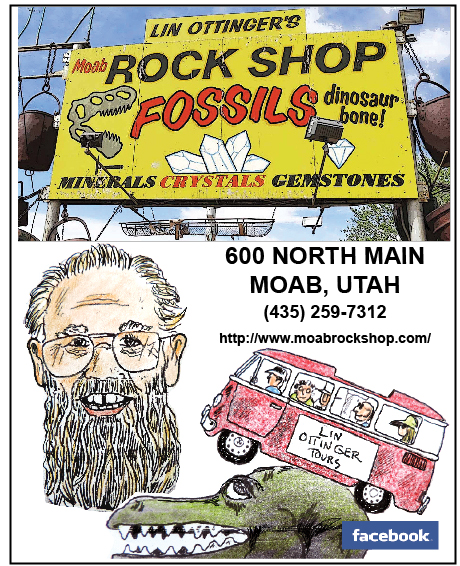
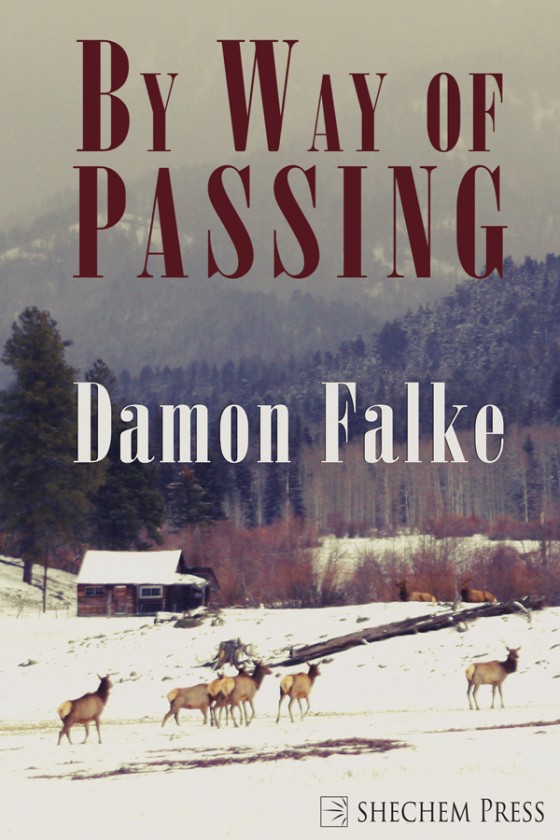
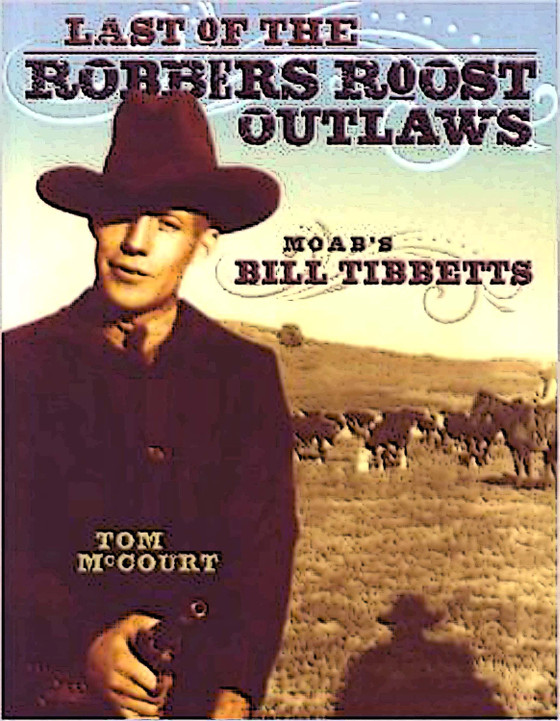
0 Responses
Stay in touch with the conversation, subscribe to the RSS feed for comments on this post.